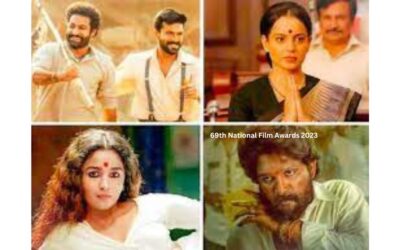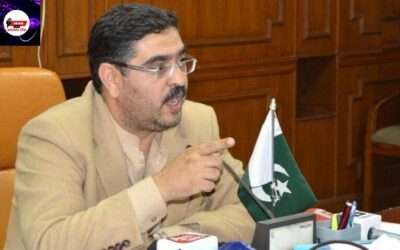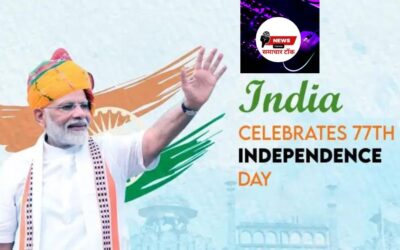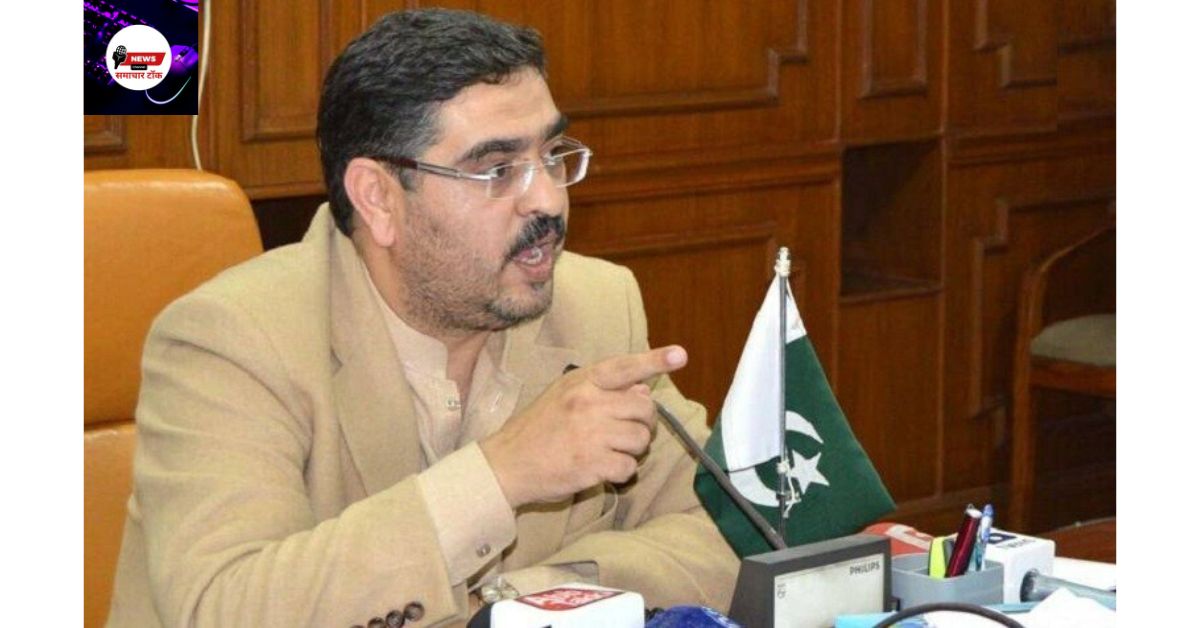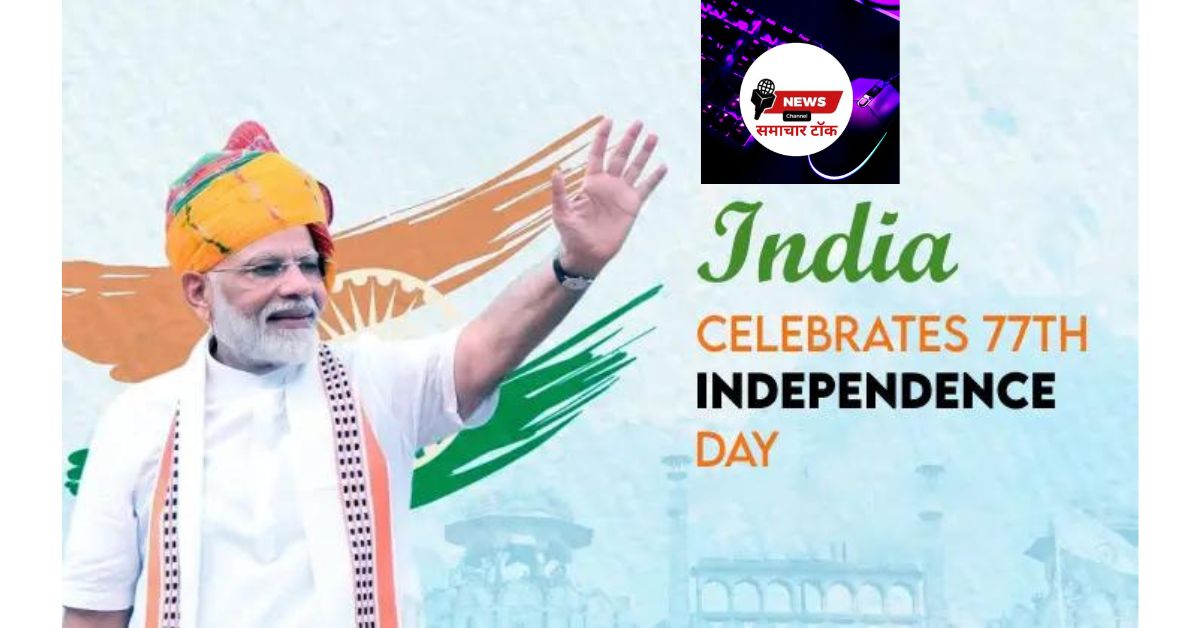Two Major Indian Political Parties Engage in Heated Exchange: Exploring the Congress vs. Bharatiya Janata Party Rivalry

Two of India’s Biggest Political Parties Have a Fierce Debate
Introduction
The political scene of India is renowned for being vibrant and active. It frequently sees strong conversations, heated arguments, and clashes between the main political parties. In this post, we shall examine recent incidents in which two significant Indian political parties exchanged heated words. We will look at the fundamental causes, how they have affected the political environment, and what they mean going forward. Join us as we negotiate India’s political battlefield.
Congress and the BJP enter the fray as the conflict begins.
Indian politics have been dominated by the conflict between the Indian National Congress and the Bharatiya Janata Party (BJP) for many years. Due to their contrasting philosophies, stances on policy, and national aspirations, the two major parties have been at conflict for a very long time. Their arguments frequently turn into tense exchanges that are broadcast to the entire country.
Historical Competition and Ideological Disparities
The BJP was founded in 1980 as a right-wing nationalist party, and this was the beginning of the conflict between the Congress and the BJP. The Congress, on the other hand, has a lengthy history and played a key role in the campaign for Indian independence. The two parties’ persistent conflict has been exacerbated by their opposing ideologies.
Political Conflicts and Stakes
The significant stakes at play are one of the main causes of the heated discussion between these groups. At the federal and state levels, the Congress and the BJP both want to increase their political clout. As a result, they run aggressive campaigns, engage in verbal combat, and employ deft political moves to win votes and keep their position of authority.
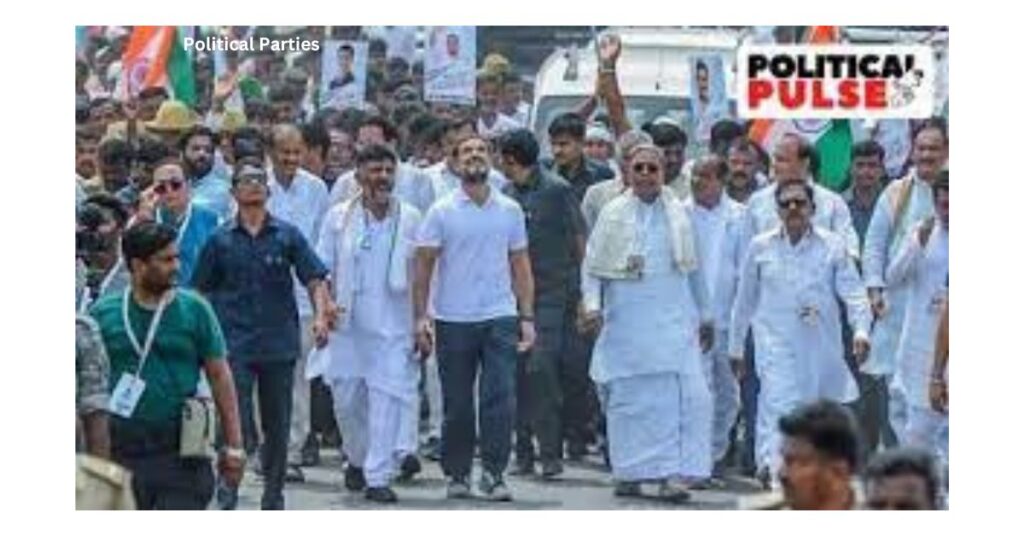
Disputed Policy Decisions
The Congress and the BJP frequently engage in intense debates over contentious policy choices. Their conflicts have largely revolved around topics like economic reform, social welfare initiatives, national security, and religious considerations. These divisive subjects spark fervent discussions that result in confrontations and verbal sparring.
Heated Exchanges in the Recent Past
Recent political events in India have seen a number of instances of verbal combat between the Congress and the BJP. Let’s examine a few of the noteworthy incidents that received media notice and generated debate.
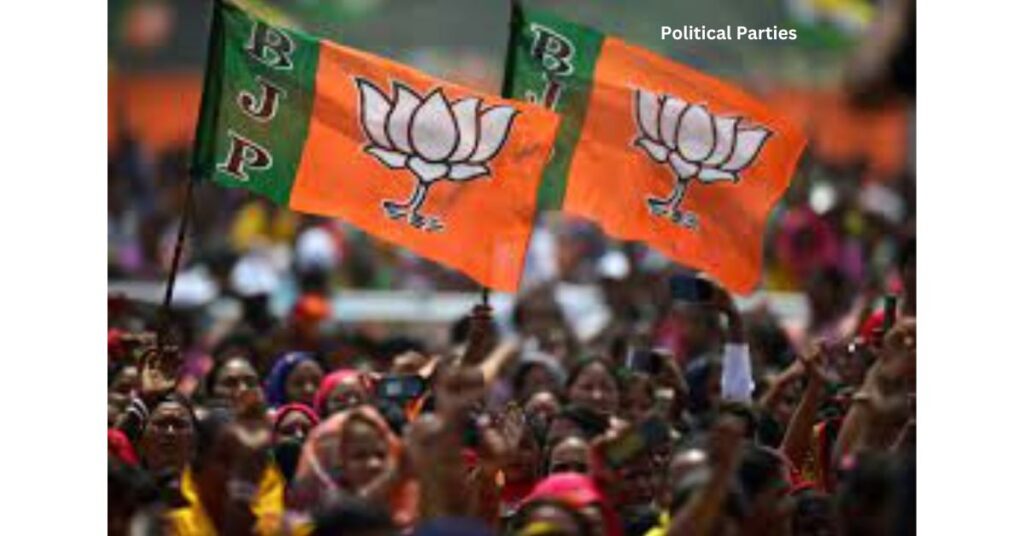
1. Economic policy discussion
The Congress and the BJP have frequently clashed over the government’s economic policies. In a recent contentious debate, the Congress challenged the BJP’s economic reform strategy, arguing that it prioritized the wellbeing of the rich elite while disregarding the needs of the average citizen. In retaliation, the BJP said that the Congress was pushing outmoded socialist ideas that were impeding national advancement.
2. Conflicts between religion and local politics
In Indian politics, religious conflict and communal politics have frequently come up. Over matters involving religious minorities, the building of temples, and the preservation of cultural heritage, the Congress and the BJP frequently disagree. These discussions may easily turn into acrimonious confrontations as both parties compete for the support of their respective voting bases.
3. Character assassination and personal insults
Personal assaults and character assassination are typical during heated political debates. Party leaders on both sides engage in mudslinging, make disparaging comments, and cast doubt on one another’s moral character. These discussions not only undermine public confidence but also obscure the actual problems at hand.
FAQs
Q: What impact will these tense discussions have on the political climate?
A: The impact of the contentious discussions between the major political parties is extensive. They impact voter behavior, public opinion, and the nation’s political discourse as a whole. They may also deteriorate inter-party ties and obstruct governmental operations.
Q: How do these discussions affect the typical citizen?
A: The contentious debates between political parties immediately impact the regular person. They observe the division of society, are subjected to propaganda, and frequently suffer the consequences of dividing policies. These discussions may also take focus away from urgent problems that need to be solved right away.
Q: Do any initiatives exist to encourage these parties to communicate and work together constructively?
A: Although the headlines are dominated by the conflicts between the Congress and the BJP, there have been examples of productive communication and cooperation between the parties. To address shared objectives and distribute power in specific regions, coalitions and alliances are created. These events are frequently eclipsed by the more dramatic conflicts, though.
Q: Can the democratic fabric of India be harmed by these tense exchanges?
A: Yes, the democratic foundation of India may be threatened by the tense interactions between political parties. Political discourse loses its dignity when it turns into personal assaults and character assassination, and public confidence in the democratic process decreases. Parties must maintain the values of honesty and respect while having constructive disagreements.
Q: How can individuals help create a more positive political climate?
A: The political climate is greatly influenced by citizens. Voters may help create a more positive and inclusive political environment by using their right to vote responsibly, remaining educated, and participating in important debates. It’s critical to encourage discussion, accept differing viewpoints, and hold elected officials responsible for their actions.
Q: What does the political conflict between the BJP and the Congress hold for the future?
A: The BJP and Congress’ political rivalry’s future is still up in the air. The relationships between these parties will change as the political environment changes and new problems arise. One thing is absolutely certain, though: for the foreseeable future, the political conflict between the Congress and the BJP will continue to be a defining aspect of Indian politics.
Conclusion
The tense interactions between the two main political parties in India, the Congress and the BJP, are evidence of how strong the democratic system is there. These conflicts offer a chance for individuals to critically interact with politics and influence the destiny of the country, even though they can be emotionally charged and can obscure the true problems. Political parties must strike a balance between fervent discussions and considerate conversation as India develops in order to maintain an atmosphere that encourages advancement and unification.

